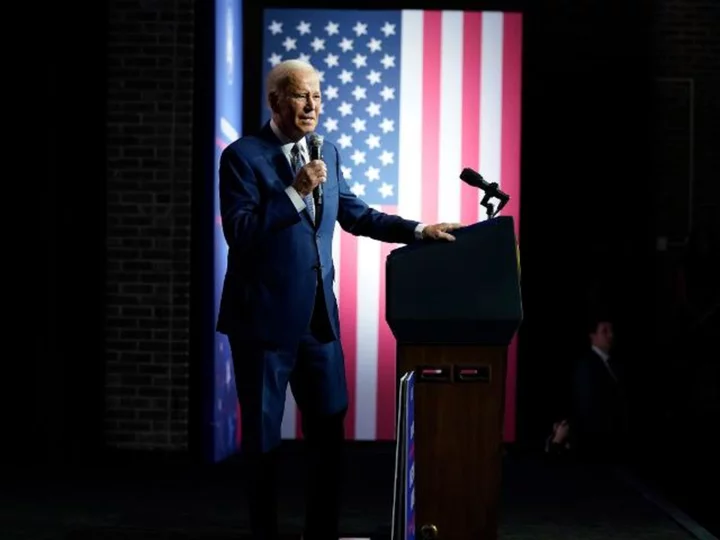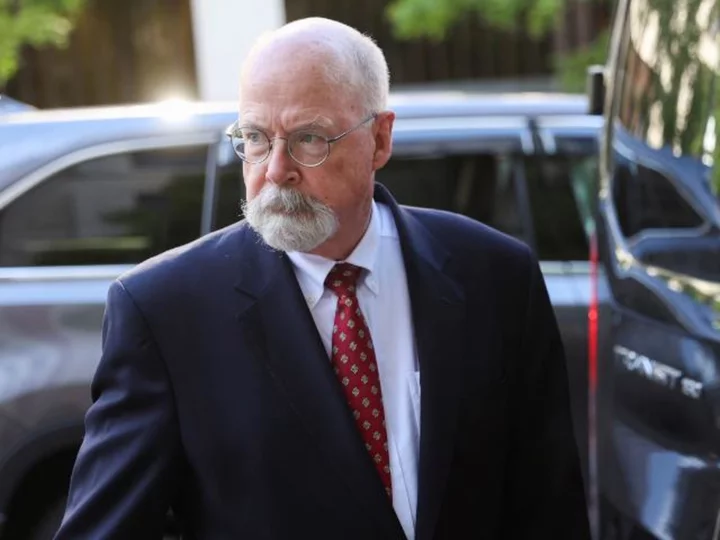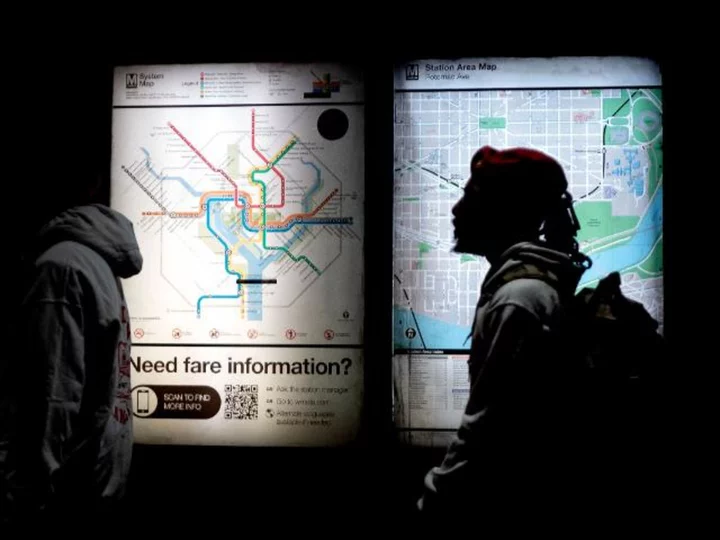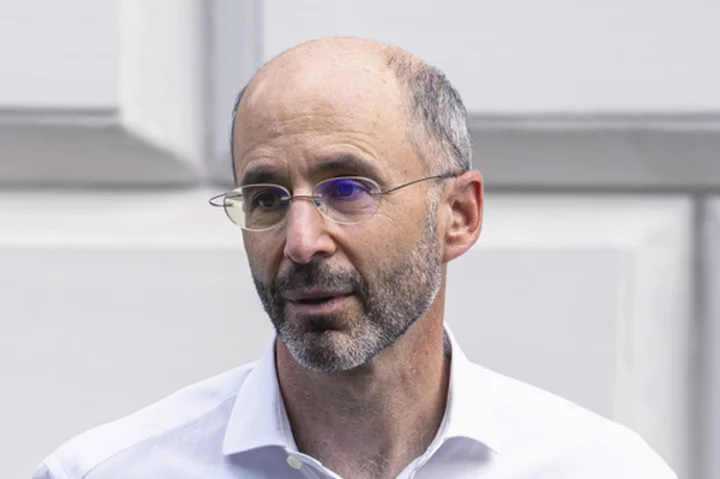The White House is drawing its battle lines.
As spending negotiations get underway, the White House has conveyed to congressional negotiators that President Joe Biden's most recent legislative accomplishment, the Inflation Reduction Act, is off the table as the two sides begin to eye potential spending cuts, two sources familiar with the matter told CNN.
The law, which makes historic investments in combating climate change, was targeted as part of House Republicans' bill to cut spending alongside a debt ceiling increase.
That carve-out is one of several that the president and his aides are outlining in the first stage of spending negotiations in which White House officials are focused on narrowing the scope of negotiations by taking non-starter items off the table and beginning a conversation about where spending could actually be cut, the sources said. The goal of staff-level talks, the sources said, is to more clearly define the contours of spending negotiations by the time Biden reconvenes congressional leaders at the White House on Friday.
That first stage began with Biden's meeting with congressional leaders on Tuesday -- where officials said the IRA was off the table -- and continued Wednesday with a two-hour staff-level meeting at the White House, during which both sides began to draw battle lines and convey their starting positions for the multi-round negotiations to follow.
Among the White House's other non-starter items: rolling back student debt forgiveness, a key campaign promise that remains tied up in litigation that was also targeted in House Republicans' bill last month, and Medicaid and SNAP benefits
A source familiar with the negotiations said White House officials raised all of those items in Wednesday's meeting, calling them priorities the White House would not see cut.
Even as Biden continues to insist he will not negotiate over raising the debt ceiling, he has said he is willing to negotiate spending levels and his staff is now racing to reach a spending agreement with Republicans before the US faces default as early as June 1.
As part of those negotiations, sources familiar with the matter said the White House is willing to entertain a cap on future spending, but for a far shorter period of time than the 10-year spending cuts agreed to as part of the 2011 debt ceiling standoff.
And in early conversations, White House officials have also indicated a debt ceiling increase will need to last more than the one year, to avoid this scenario playing out again next year.
White House and congressional leadership staff are scheduled to meet again on Thursday before House Speaker Kevin McCarthy and the other congressional leaders return to the White House on Friday.
Asked by CNN whether Wednesday's staff-level talks brought the two sides any closer to reaching a deal, McCarthy said, "No."
"I don't see much of a difference right now," McCarthy said.
Emerging from Tuesday's meeting in which no substantive progress was made, Biden has said he sees those staff-level meetings as the path to reaching a deal.
"One of the ways in which senators or congresspersons are able to back off some of the things they've done is if they give their staff some leeway, and the staff has then said, 'Well, we're going to do this,'" Biden said. "And it moves."
Inside the West Wing, there is a growing acknowledgment that the White House will have to accept spending cuts, even as the president argues the spending negotiations are not linked to raising the debt ceiling.
And negotiators are also beginning to discuss permitting reform, which could be a part of an eventual deal, two sources said.
As for how to cut spending, the White House is eyeing measures like expanding Medicare's ability to negotiate drug prices and clawing back unspent Covid relief funds, which Biden said is "on the table."
Those ideas are a far-cry from the sweeping cuts House Republicans are seeking and it remains unclear where the White House is willing to compromise on steeper cuts.
It also remains unclear what type of compromise McCarthy will be able to sell to his caucus, where hardline conservatives outnumber his slim four-seat majority -- and whether he will be willing to agree to a deal that requires Democratic votes to pass.
McCarthy has said he believes a deal must be hammered out by next week to be able to go through the gears of Congress ahead of the potential June 1 default deadline.
Biden demurred when asked Wednesday about McCarthy's deadline, saying he was "not going to make those kinds of judgments."
"I've been involved in negotiations my whole career," he told CNN. "Some negotiations happen at the last second, some negotiations happen way ahead of time. So, we'll see."









